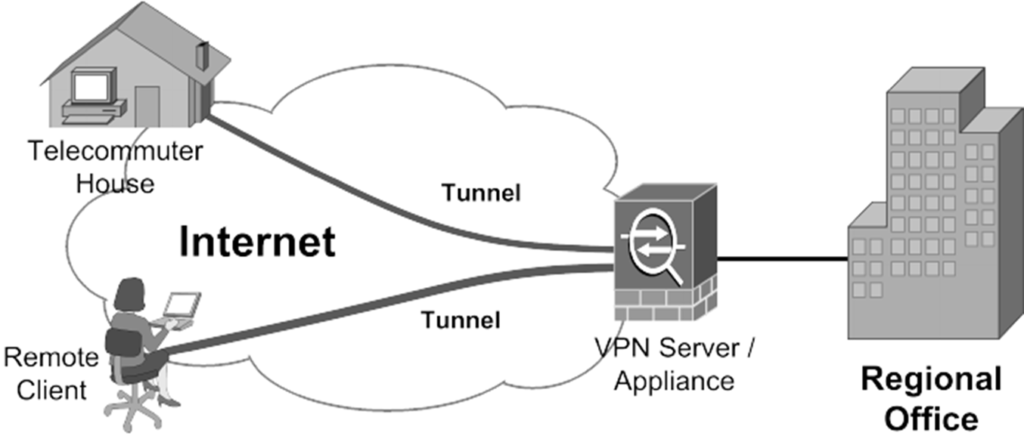
Firewalls are network security devices that monitor and control incoming traffic and outgoing traffic based on a pre-defined set of rules, while VPNs (Virtual Private Networks) are security services that allow devices to access the internet as if they were connected to a private network. Firewalls and VPNs (Virtual Private Networks) in general are both used for security purposes on the network
What are Traditional Firewalls?
Traditional firewalls sit in the forwarding path. They protect the network from different kinds of issues by allowing only the intended types of traffic to flow in and out of the network, as shown in the diagram below:

Features of Firewalls
Match the source and destination IP addresses and identifies applications by matching their static well-known TCP and UDP ports. Watch application-layer flows to know what additional TCP and UDP ports are used and filter based on those ports. Match the text in the URI of an HTTP request and carries out a stateful inspection
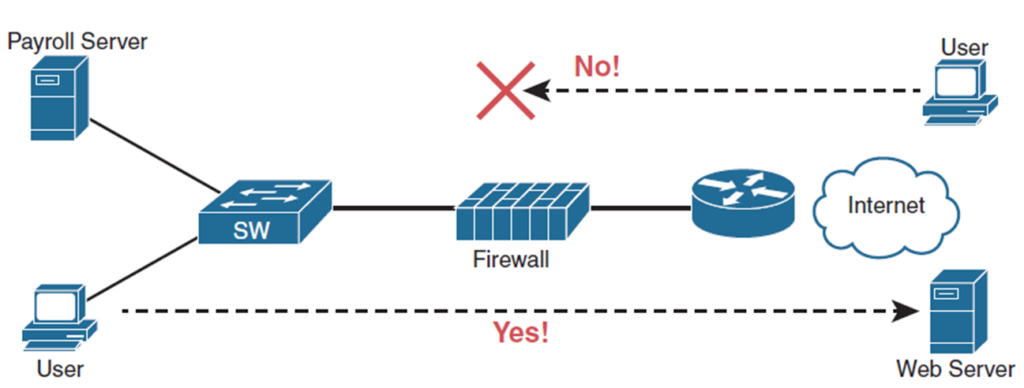
Firewall Zones
There are three firewall zones in a network:
- Inside zone
- Outside zone
- DMZ (Demilitarized Zone)
What is an IPS (Intrusion Prevention System)?
IPS is a network security device to filters packets and it also downloads a database of exploit signatures. Each signature defines different header field values found in sequences of packets used by different exploits. It examines packets, compares them to the known exploit signatures, and notices when packets may be part of a known exploit. IPS can log the event, discard packets or even redirect the packets to another security application for further examination
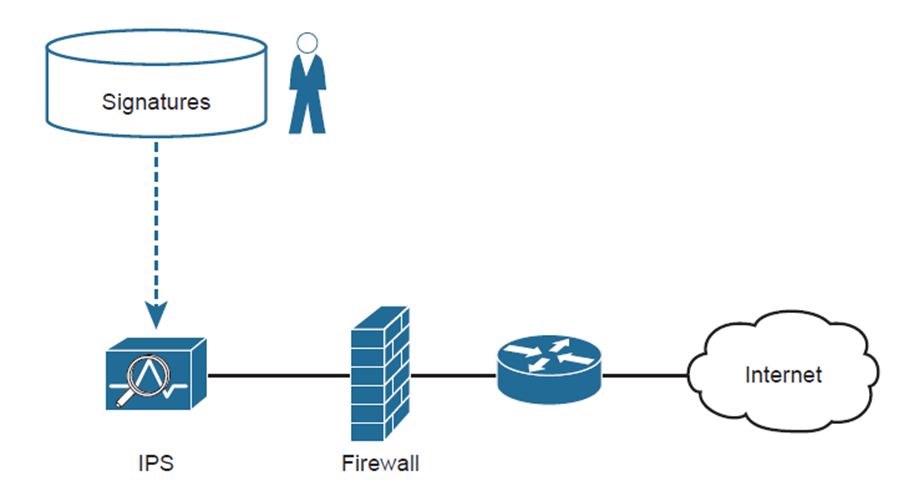
VPNs (Virtual Private Networks) Overview
VPNs (Virtual Private Networks) are simply internet security services that protect and encrypt your data or privacy over the internet
Types of VPN (Virtual Private Network)
There are two types of VPN: Site to Site VPN and Remote Access VPN
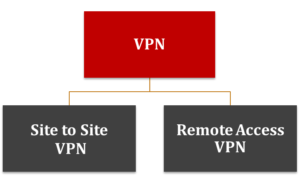
Cryptography Overview
Cryptography is the practice of encrypting and decrypting data to prevent unauthorized access
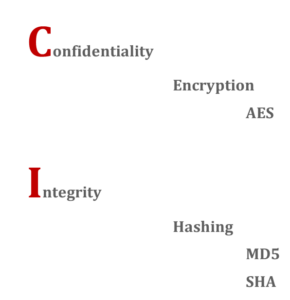
Site-to-Site VPNs (Virtual Private Networks)
These types of VPNs help provide a connection between multiple networks, i.e. extends a company’s network between different localities

Remote Access VPNs (Virtual Private Networks)
These types of VPNs offer secure access for remote users. VPN client software is required by remote users to connect and access resources from remote locations
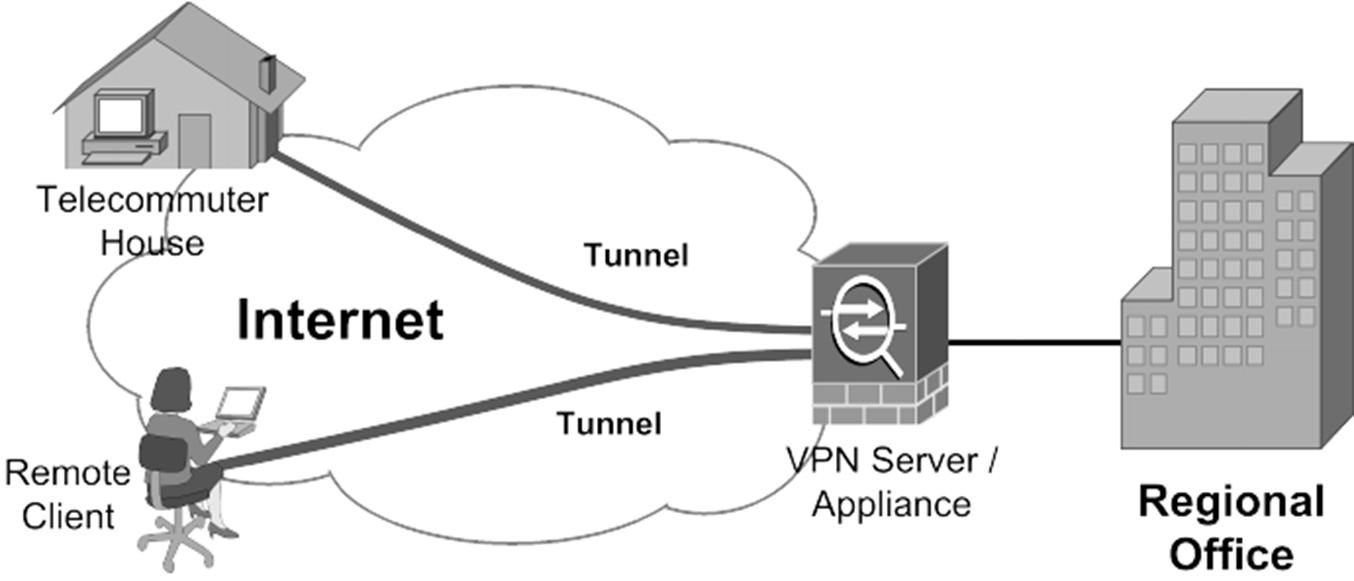
You might also be interested in our free Online Quizzes on all IT topics including Cisco CCNA, Cyber Security, Python Programming, Linux & Ethical Hacking:
Firewalls & VPN – Online Quiz CCNA
Free Online Quizzes (Best for Cisco CCNA, Huawei HCNA, N+)
You can also view free study notes (Cheat sheets) for long term memory:
Networkwalks Summary Cheatsheets
 Firewalls are network security devices that monitor and control incoming traffic and outgoing traffic based on a pre-defined set of rules, while VPNs (Virtual Private Networks) are security services that allow devices to access the internet as if they were connected to a private network. Firewalls and VPNs (Virtual Private Networks) in general are both used for security purposes on the network
Firewalls are network security devices that monitor and control incoming traffic and outgoing traffic based on a pre-defined set of rules, while VPNs (Virtual Private Networks) are security services that allow devices to access the internet as if they were connected to a private network. Firewalls and VPNs (Virtual Private Networks) in general are both used for security purposes on the network







